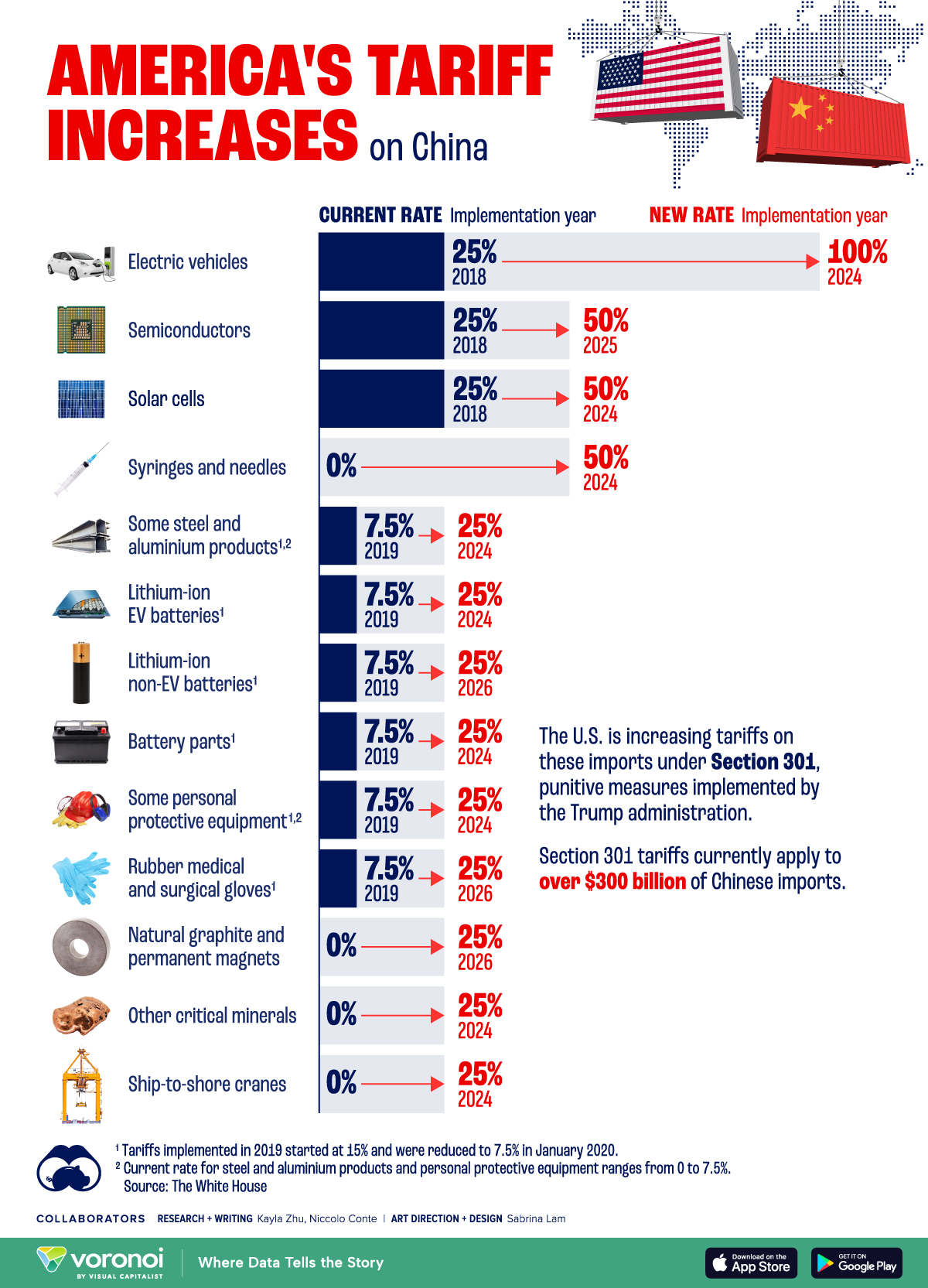Navigating The Complexities Of The Chinese Market: Case Studies Of BMW And Porsche

Table of Contents
Understanding the Unique Dynamics of the Chinese Automotive Market
The Chinese automotive market is unlike any other, a unique blend of rapid growth, intense competition, and evolving consumer preferences. Understanding these dynamics is paramount for success.
Cultural Nuances and Consumer Preferences
Chinese consumers are discerning and sophisticated. Brand loyalty, while present, is often less entrenched than in Western markets. Social status and technological advancements play a significant role in purchase decisions.
- Preference for Specific Vehicle Types: SUVs and electric vehicles (EVs) enjoy immense popularity, reflecting evolving lifestyle choices and government incentives.
- Emphasis on Luxury Brands: Luxury car brands hold significant prestige, driving demand for high-end models and contributing to a fiercely competitive luxury segment.
- Influence of Social Media: Social media platforms like WeChat wield considerable influence, shaping brand perception and driving purchasing decisions. Effective social media marketing is crucial.
- Importance of After-Sales Service: Excellent after-sales service and a strong dealer network are vital for building trust and customer loyalty.
Government Regulations and Policies
The Chinese government actively shapes the automotive market through stringent regulations. Navigating these policies is essential for any foreign automaker.
- Import Tariffs: High import tariffs can significantly impact profitability, necessitating local production to mitigate these costs.
- Emission Standards: China's increasingly stringent emission standards drive innovation and investment in cleaner technologies, favoring electric and hybrid vehicles.
- Local Content Requirements: Regulations often mandate a certain percentage of locally sourced components, requiring partnerships with domestic suppliers.
- Bureaucracy: Navigating the complex bureaucratic processes can be challenging, demanding significant resources and expertise.
Competitive Landscape and Market Saturation
The Chinese automotive market is fiercely competitive, with both established domestic and international brands vying for market share.
- Market Share Analysis: Domestic brands like Geely, Chery, and BYD are increasingly competitive, challenging established international players.
- Price Wars and Differentiation: Intense competition frequently leads to price wars, demanding effective strategies for product differentiation and brand building.
- Importance of Localization: Tailoring products and marketing strategies to suit local preferences is crucial for standing out in the crowded marketplace.
BMW's Strategy in China: A Case Study in Localization and Adaptation
BMW's success in China demonstrates the power of localization and adaptation. They've invested heavily in understanding the Chinese market and tailoring their offerings accordingly.
Localization Efforts
BMW has embraced localization across its operations in China.
- Production Facilities: Establishing local production facilities reduces import costs and allows for quicker response to market demands.
- R&D Investments: Significant investments in local research and development ensure products are tailored to specific Chinese preferences.
- Tailored Marketing Campaigns: Marketing campaigns are meticulously designed to resonate with Chinese consumers, leveraging local insights and cultural nuances.
- China-Specific Models: BMW has launched models specifically designed to cater to the preferences of Chinese consumers, including long-wheelbase versions of existing models.
Marketing and Branding Strategies
BMW's marketing strategy in China is sophisticated and multifaceted.
- Digital Marketing: BMW effectively utilizes digital channels, including WeChat, to engage directly with consumers.
- Celebrity Endorsements: Strategic partnerships with influential celebrities enhance brand visibility and appeal.
- Social Media Engagement: Active participation on social media platforms fosters brand loyalty and builds strong customer relationships.
Successes and Challenges Faced by BMW
BMW’s journey in China has been marked by both triumphs and setbacks.
- Market Share Gains: BMW has achieved significant market share gains, establishing itself as a leading luxury brand in China.
- Positive Brand Perception: BMW enjoys a generally positive brand perception amongst Chinese consumers, built on quality and innovation.
- Challenges: Maintaining its competitive edge amidst increasing competition from both domestic and international brands remains an ongoing challenge. Adapting to rapidly shifting consumer preferences is also crucial.
Porsche's Approach: Preserving Brand Exclusivity in a Mass Market
Porsche's strategy focuses on maintaining its exclusive brand image while expanding its presence in China's rapidly growing market.
Maintaining Brand Prestige
Porsche carefully manages its brand image to uphold its premium positioning.
- Pricing Strategies: Porsche maintains a premium pricing strategy, reinforcing its exclusive status.
- Limited Edition Models: The release of limited edition models enhances desirability and exclusivity.
- Exclusive Dealership Experiences: Porsche provides an elevated customer experience through its dealerships, creating a sense of exclusivity and luxury.
Targeted Marketing and Customer Relationship Management
Porsche focuses on building strong relationships with its affluent target audience.
- Luxury Events: Porsche hosts exclusive events to engage with high-net-worth individuals, fostering brand loyalty and affinity.
- Personalized Service: Providing personalized service creates a sense of value and exclusivity, resonating with discerning customers.
- Customer Relationship Management (CRM): Porsche utilizes robust CRM systems to maintain personalized relationships with customers.
Porsche's Successes and Challenges
Porsche has achieved considerable success in China while facing unique challenges.
- Market Penetration: Porsche has effectively penetrated the high-end segment of the Chinese market.
- Brand Perception: The brand retains its prestigious image, attracting affluent Chinese consumers.
- Challenges: Maintaining its premium position amidst rising competition from other luxury brands and managing the balance between exclusivity and growth presents a significant challenge.
Conclusion: Key Takeaways and Call to Action
BMW and Porsche, while employing different strategies, highlight several critical success factors for navigating the complexities of the Chinese market. Understanding cultural nuances, implementing effective localization strategies, employing robust marketing approaches, and adapting to ever-changing regulatory landscapes are all crucial. A long-term perspective and the ability to adapt to evolving market dynamics are essential for sustained success. Successfully navigating the complexities of the Chinese market requires thorough market research, a well-defined strategy, and a commitment to continuous adaptation. Learn from BMW and Porsche's experiences to effectively navigate the complexities of the Chinese market and unlock its vast potential.

Featured Posts
-
 Hadtht Barbwza Fy Marakana Fqdan Alasnan W Ewaqbha
May 08, 2025
Hadtht Barbwza Fy Marakana Fqdan Alasnan W Ewaqbha
May 08, 2025 -
 Analyzing The Market Volatility The Impact Of Liberation Day Tariffs On Stock Prices
May 08, 2025
Analyzing The Market Volatility The Impact Of Liberation Day Tariffs On Stock Prices
May 08, 2025 -
 The Importance Of Trustworthy Crypto News Sources
May 08, 2025
The Importance Of Trustworthy Crypto News Sources
May 08, 2025 -
 Discover The Countrys Fastest Growing Business Areas
May 08, 2025
Discover The Countrys Fastest Growing Business Areas
May 08, 2025 -
 Cute Krypto Moments Revealed In New Superman Film Clip
May 08, 2025
Cute Krypto Moments Revealed In New Superman Film Clip
May 08, 2025
